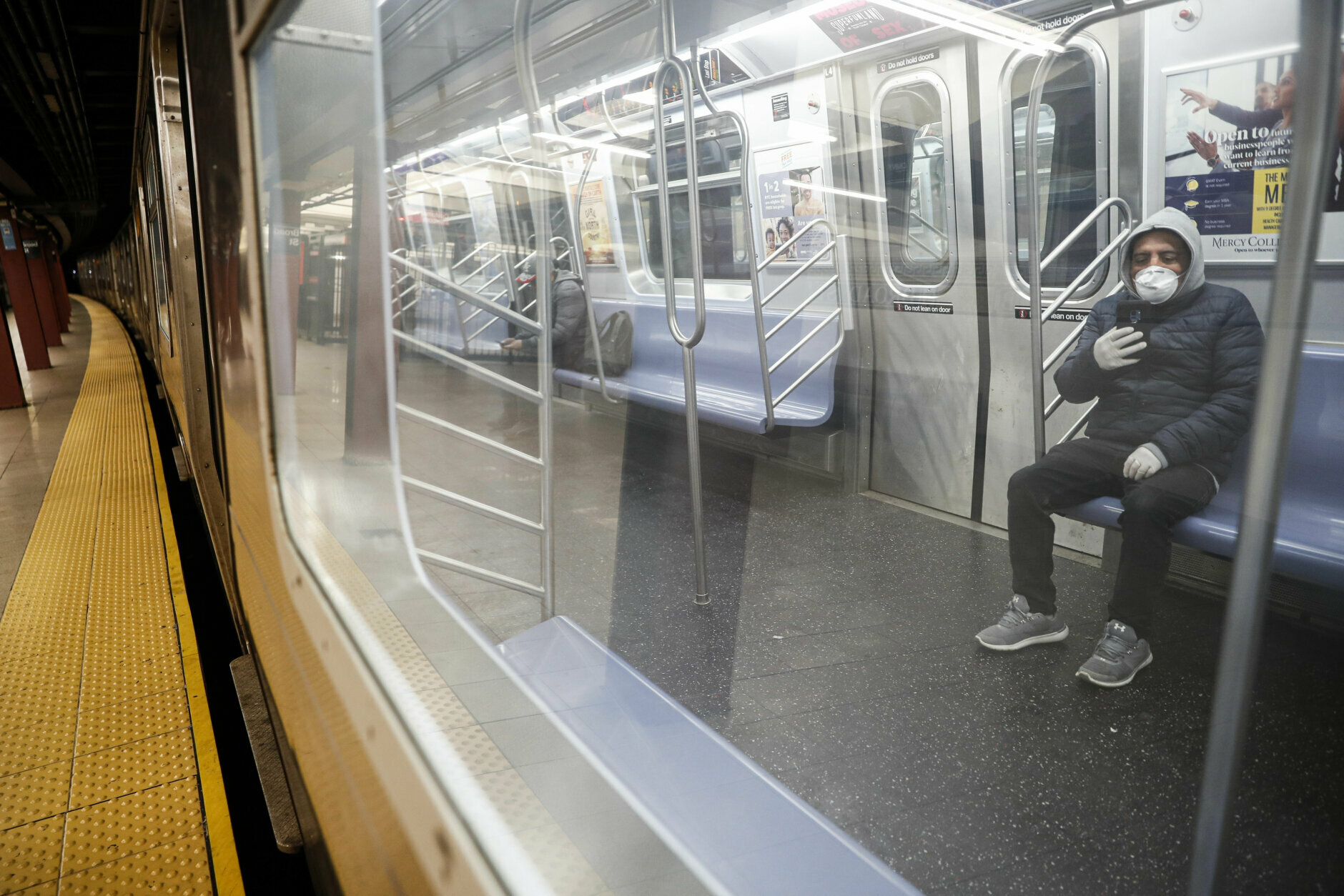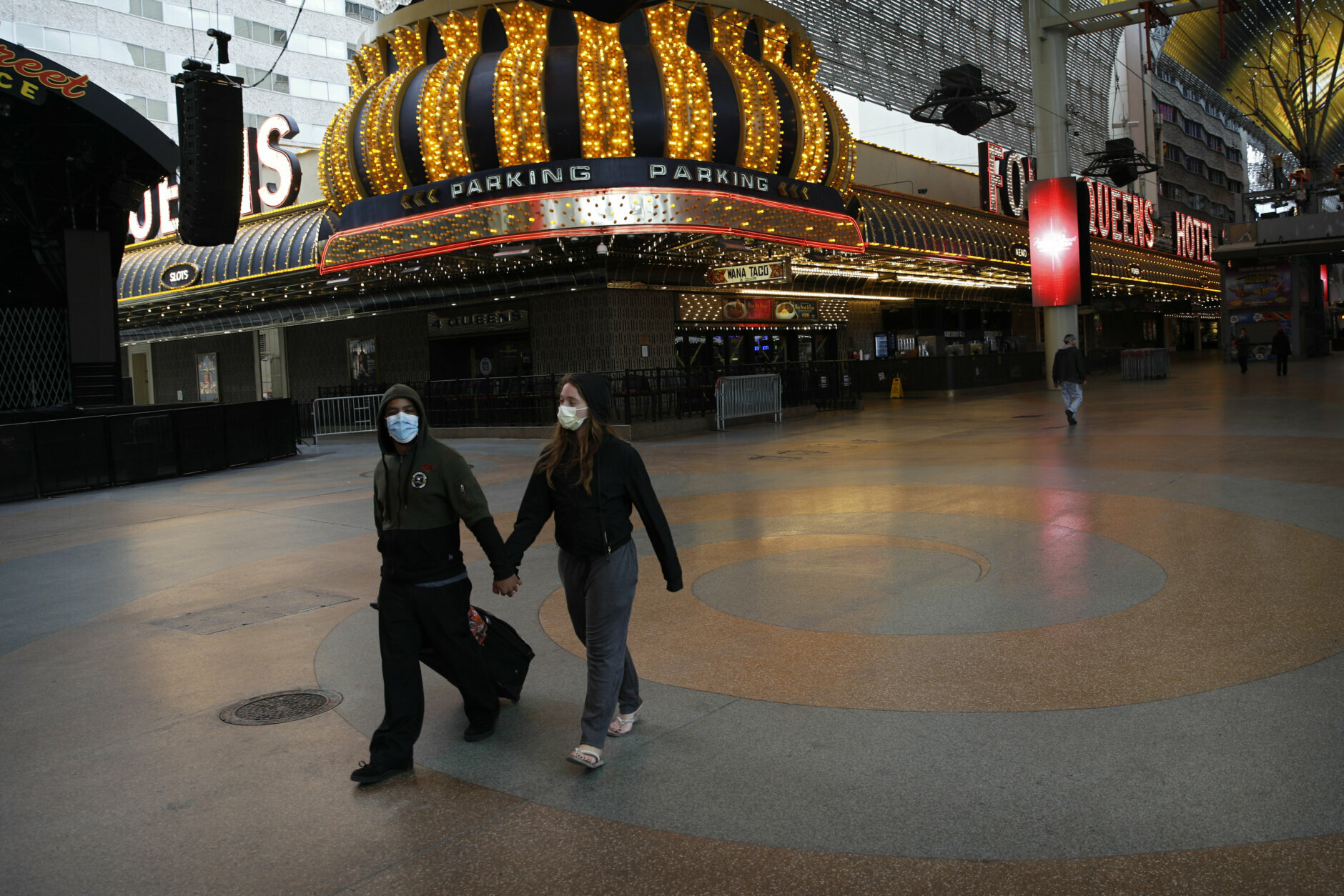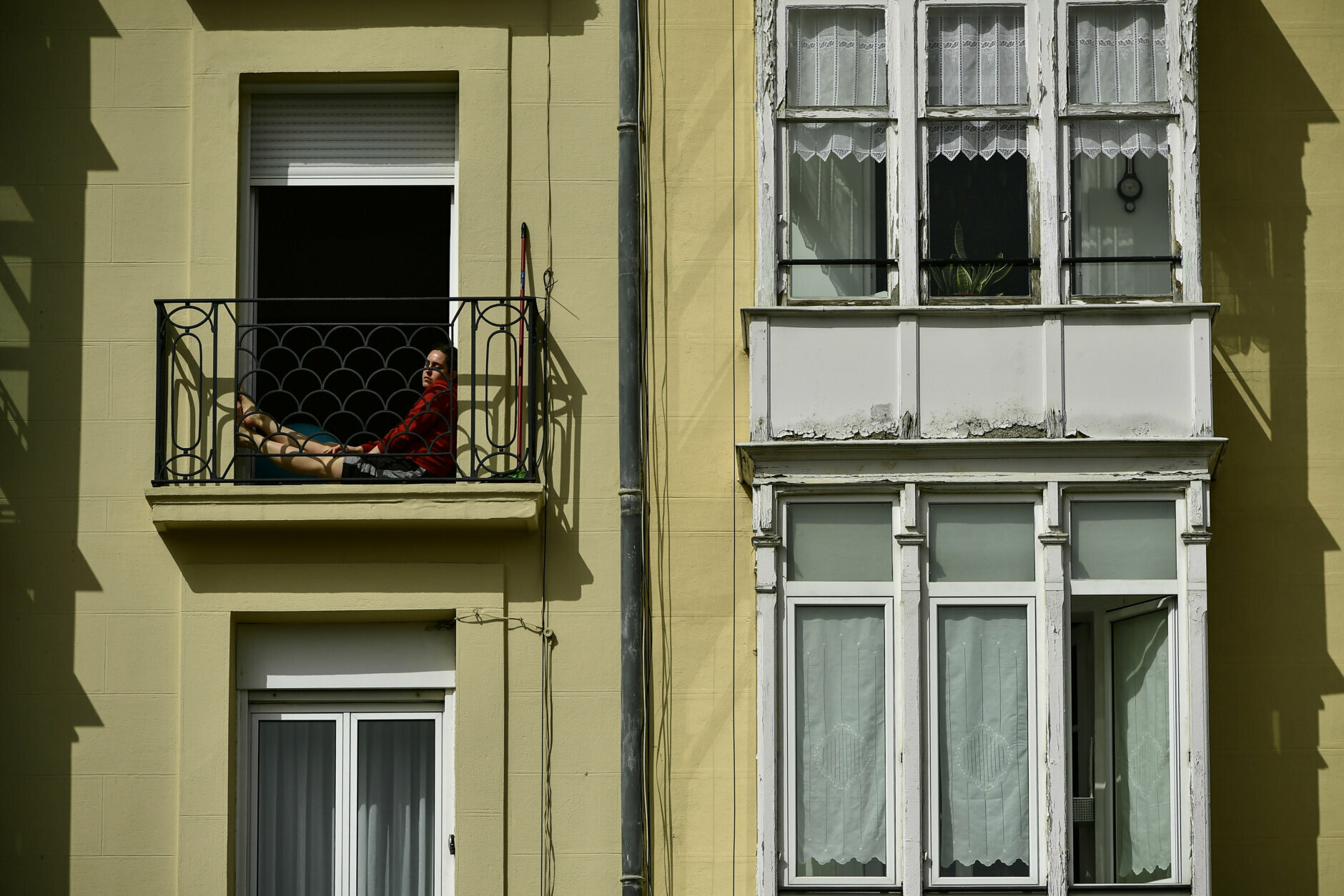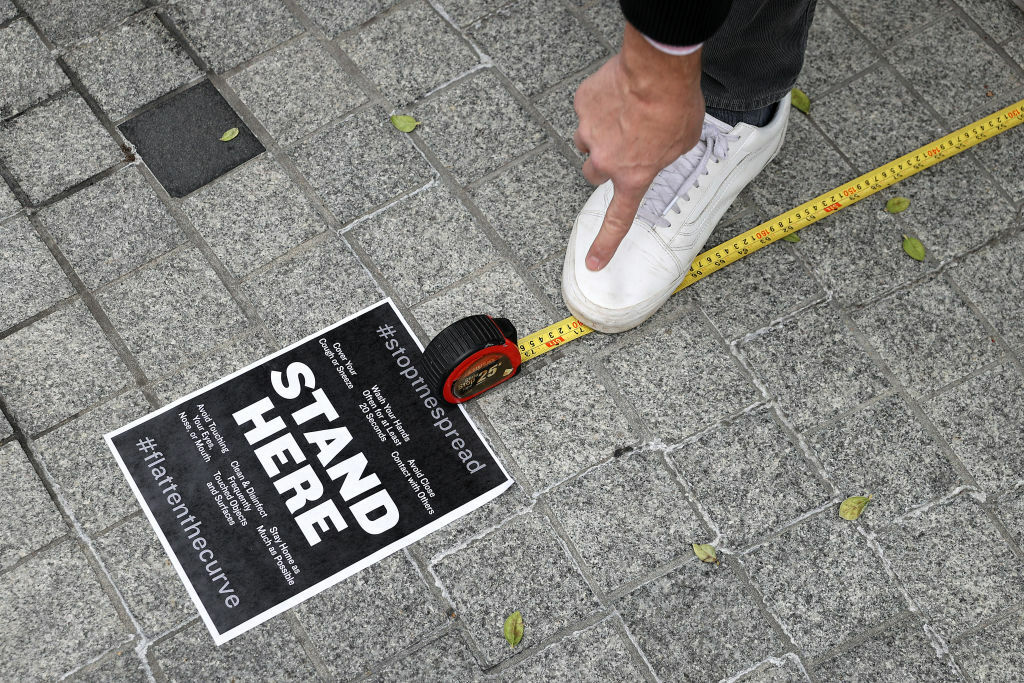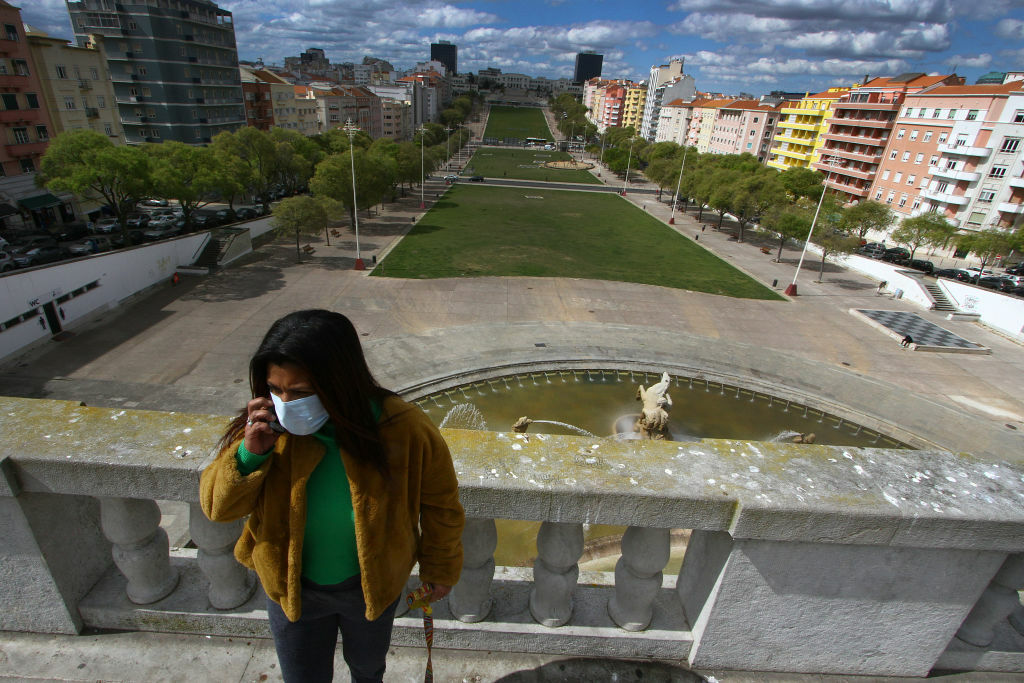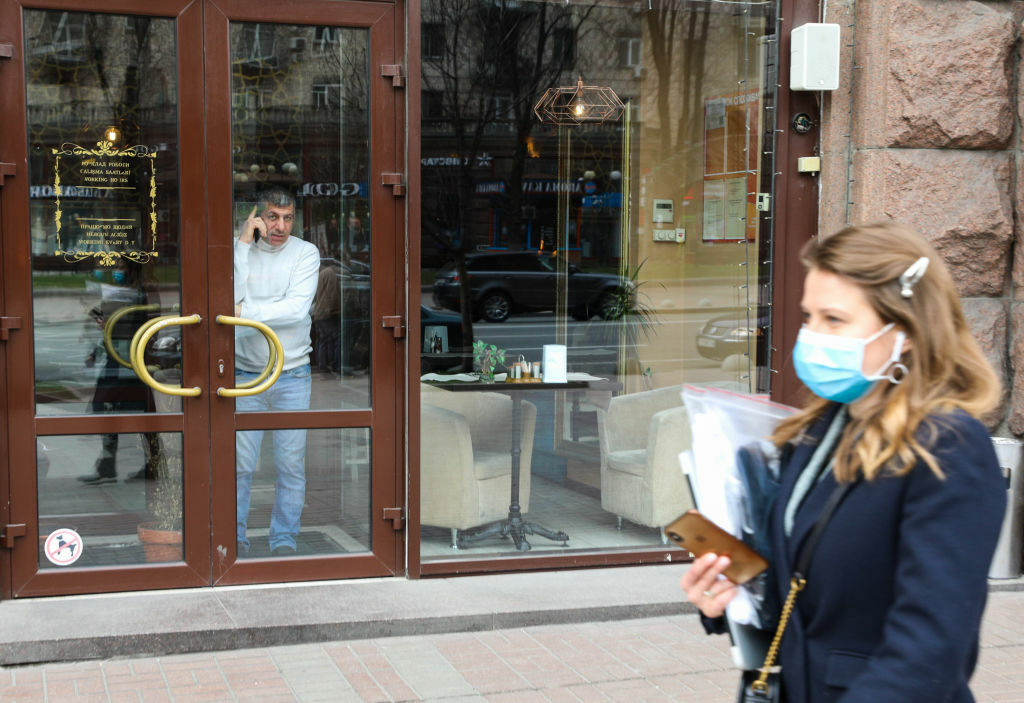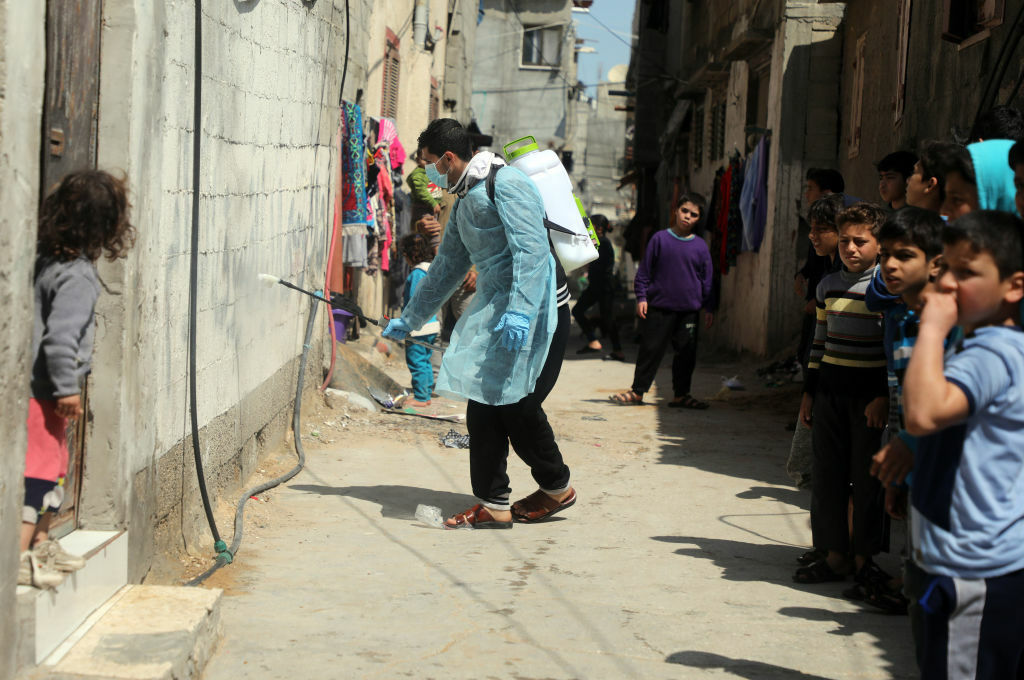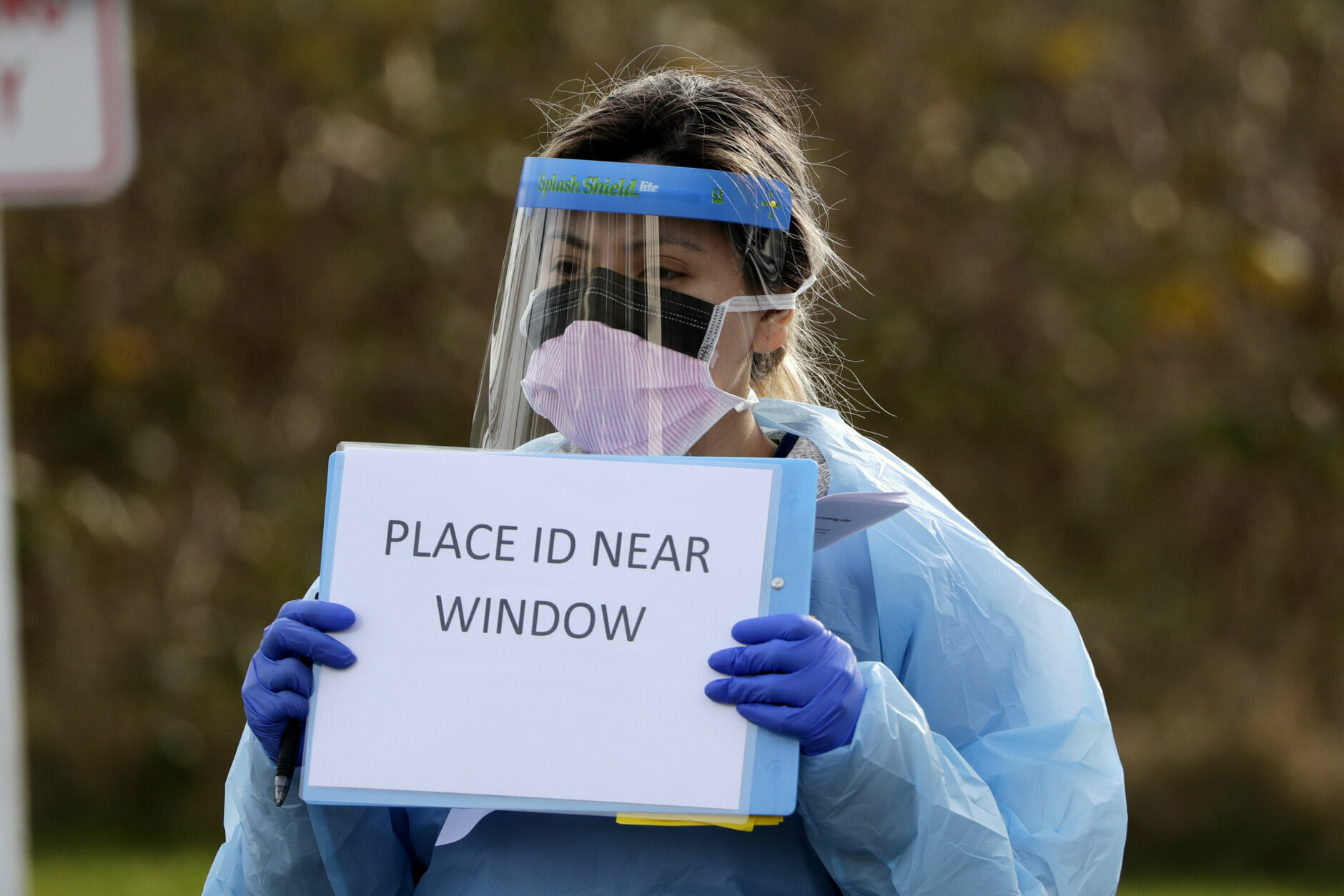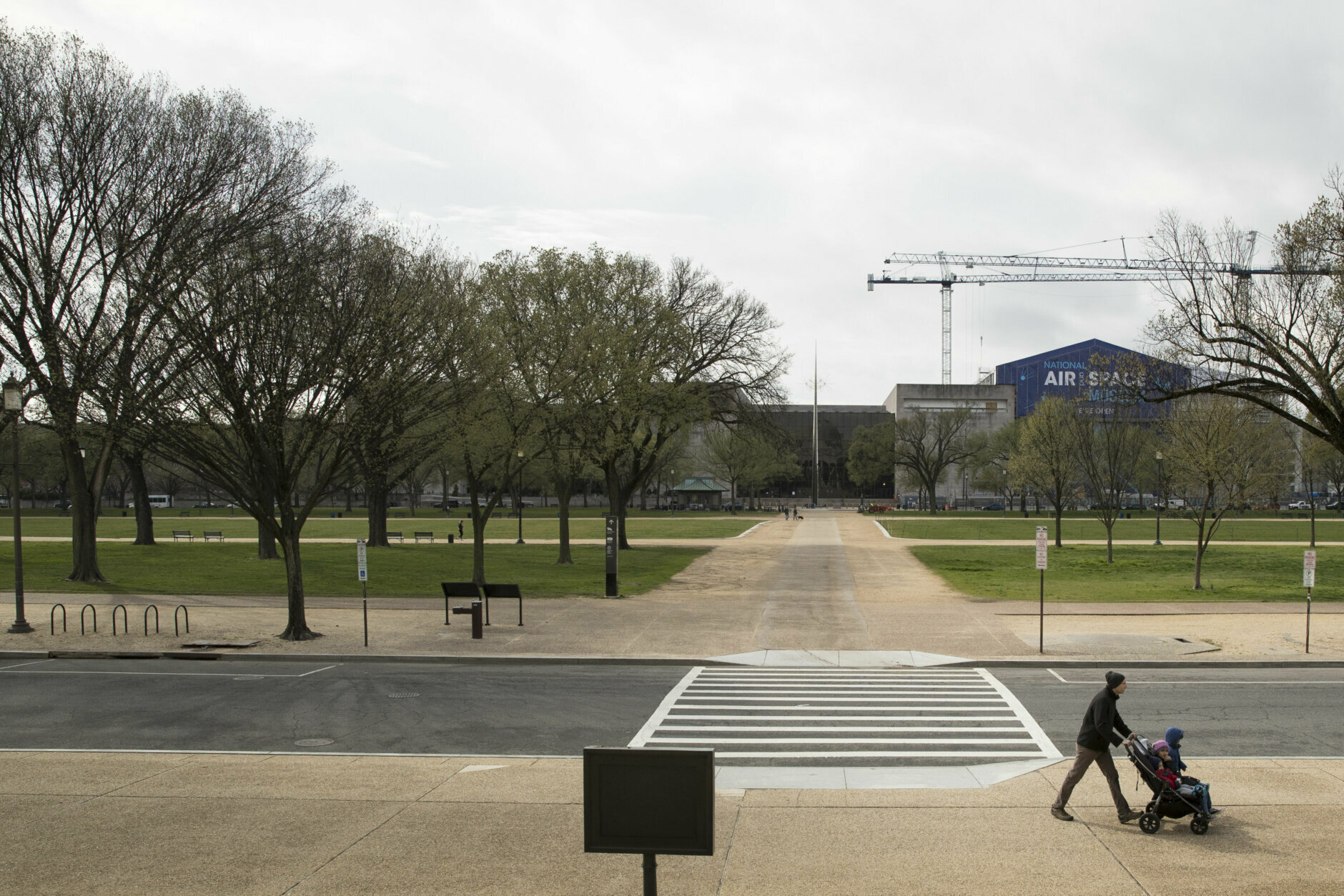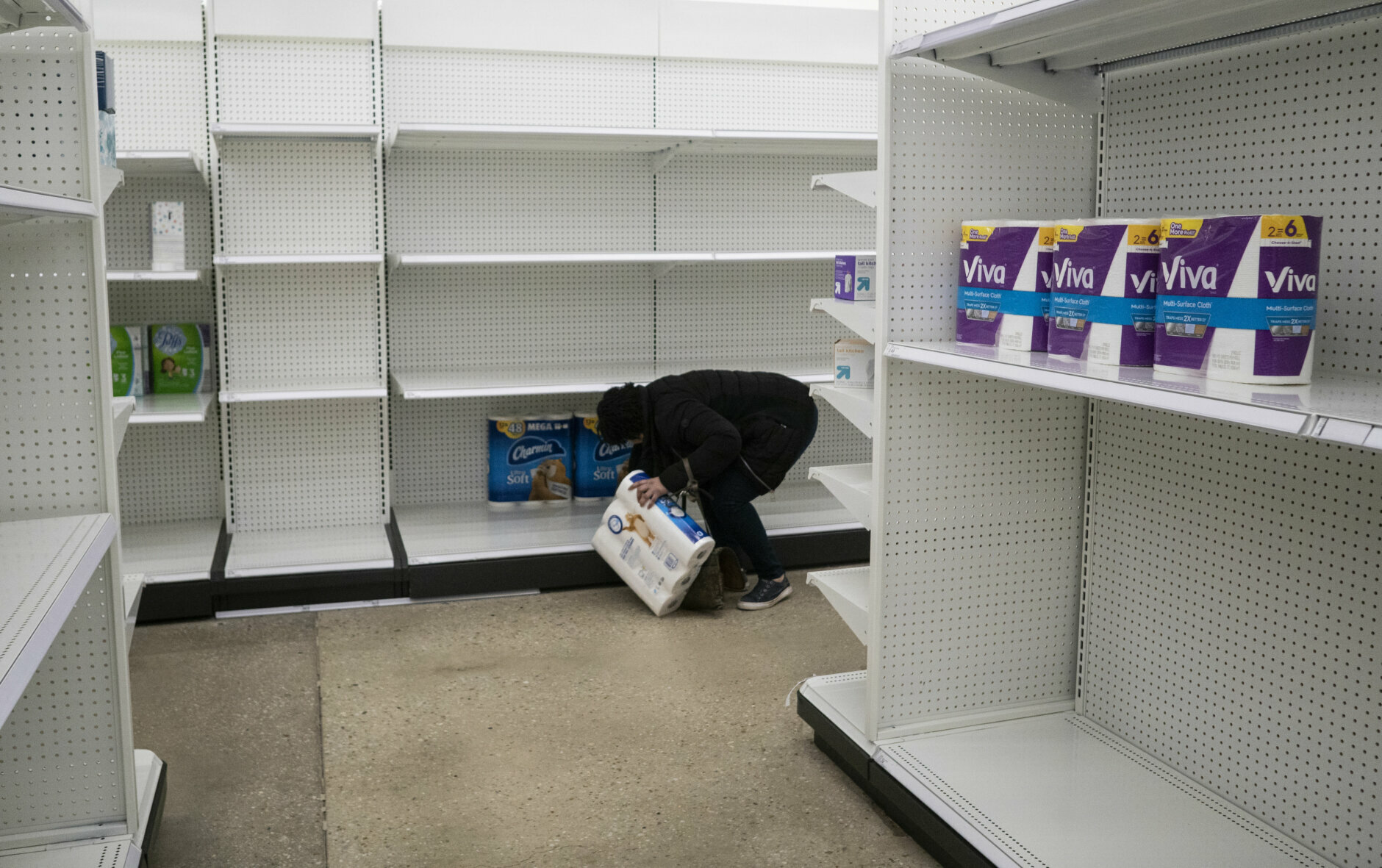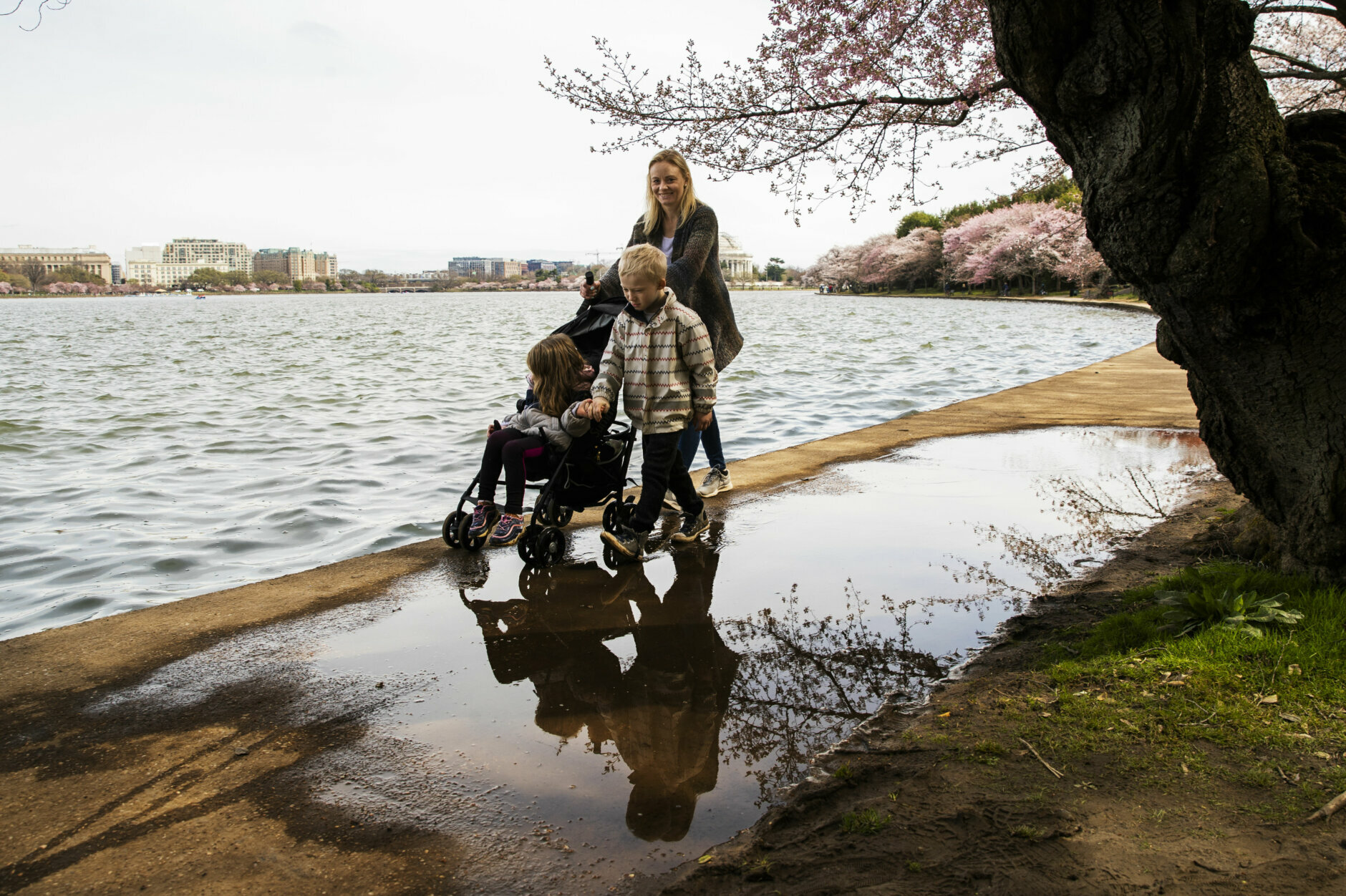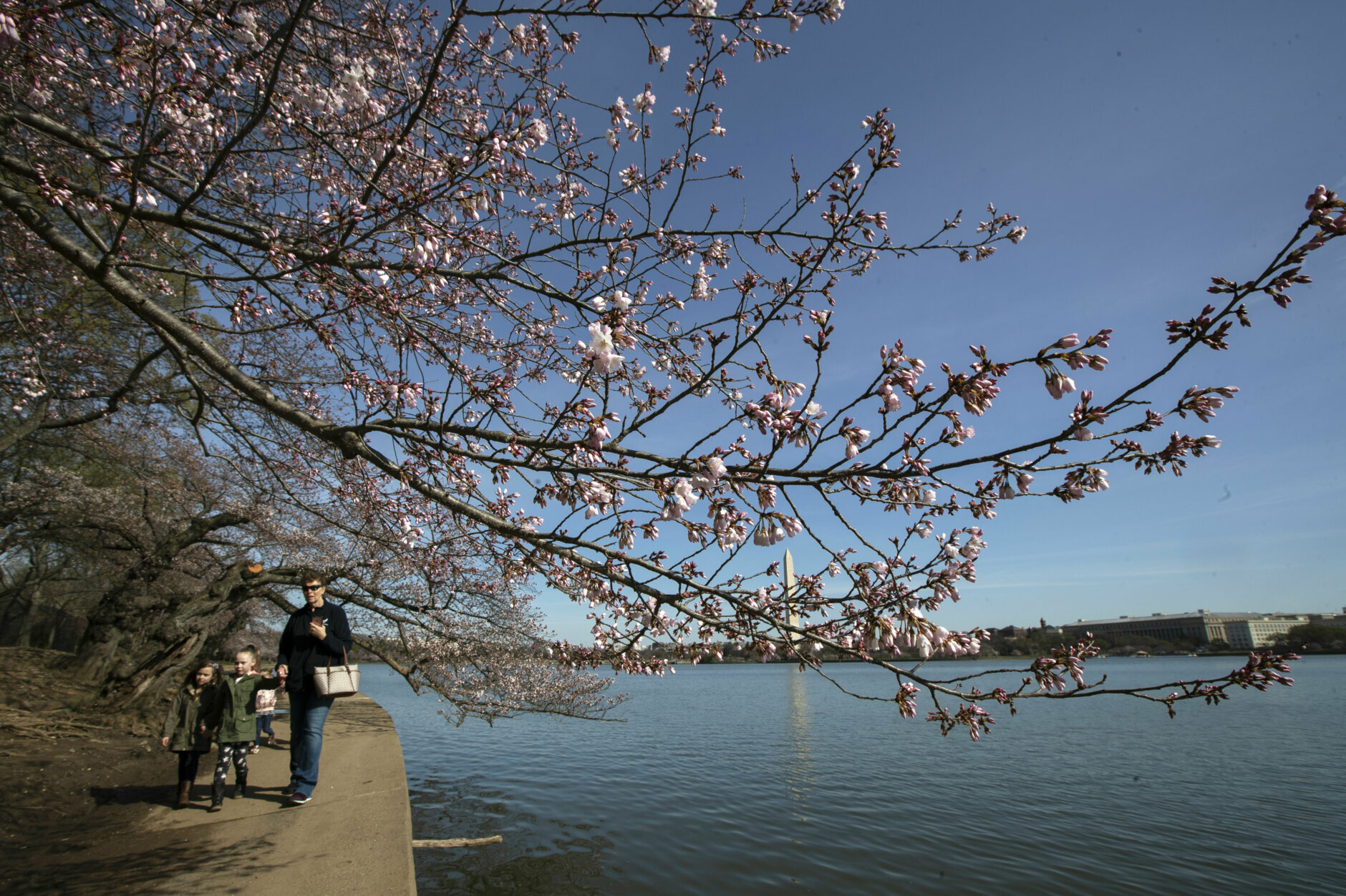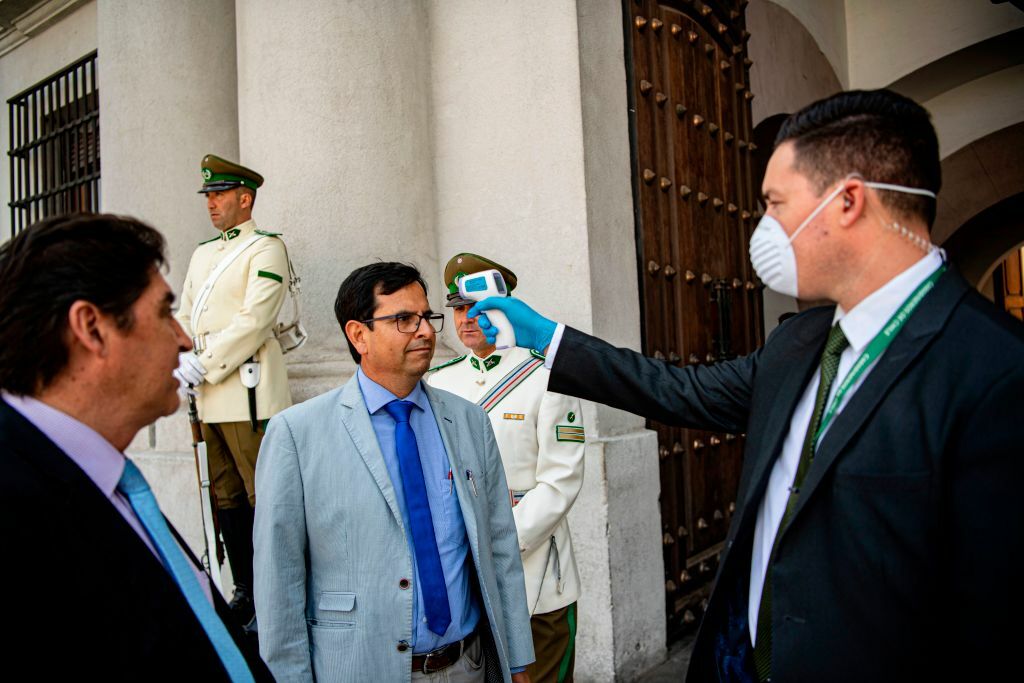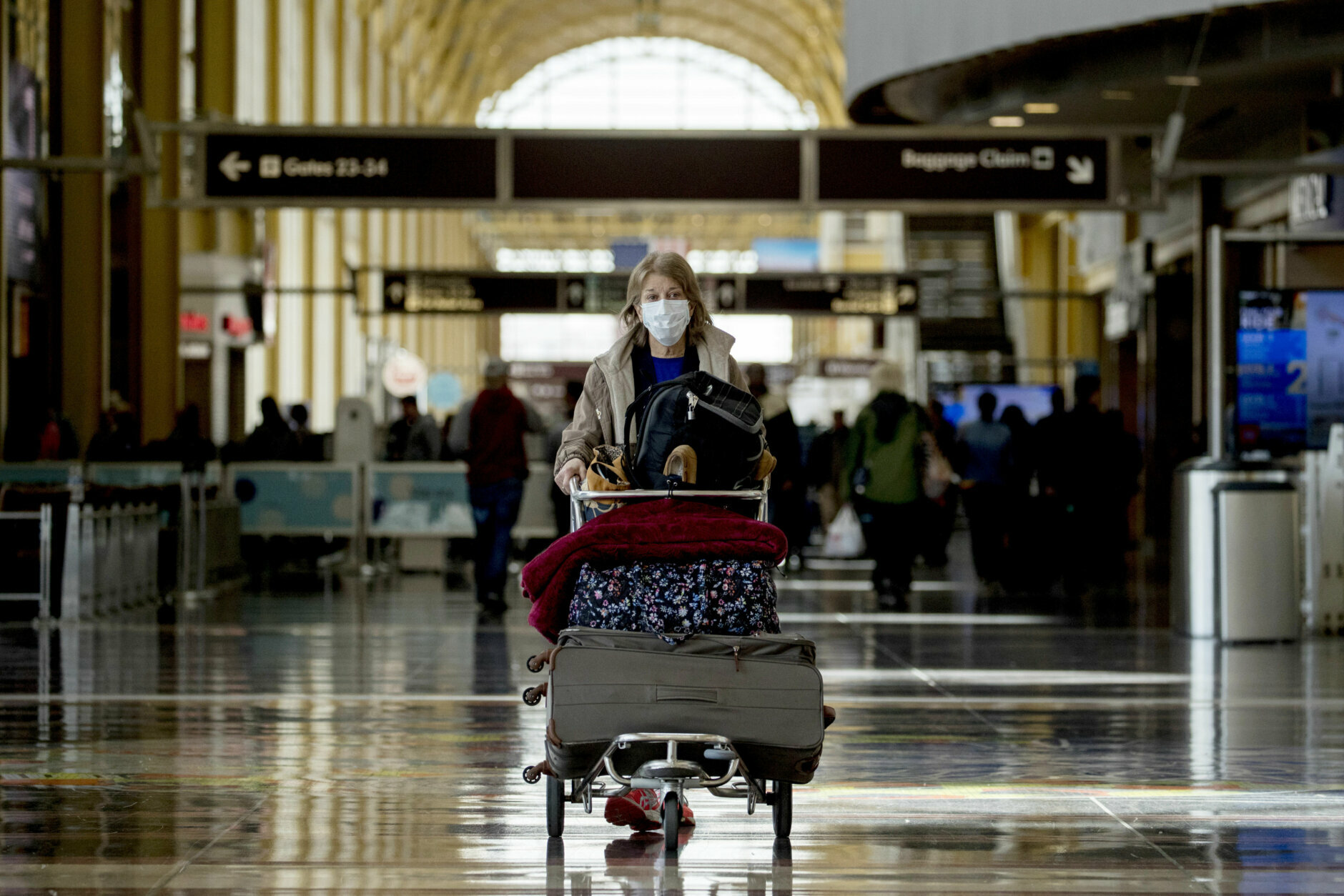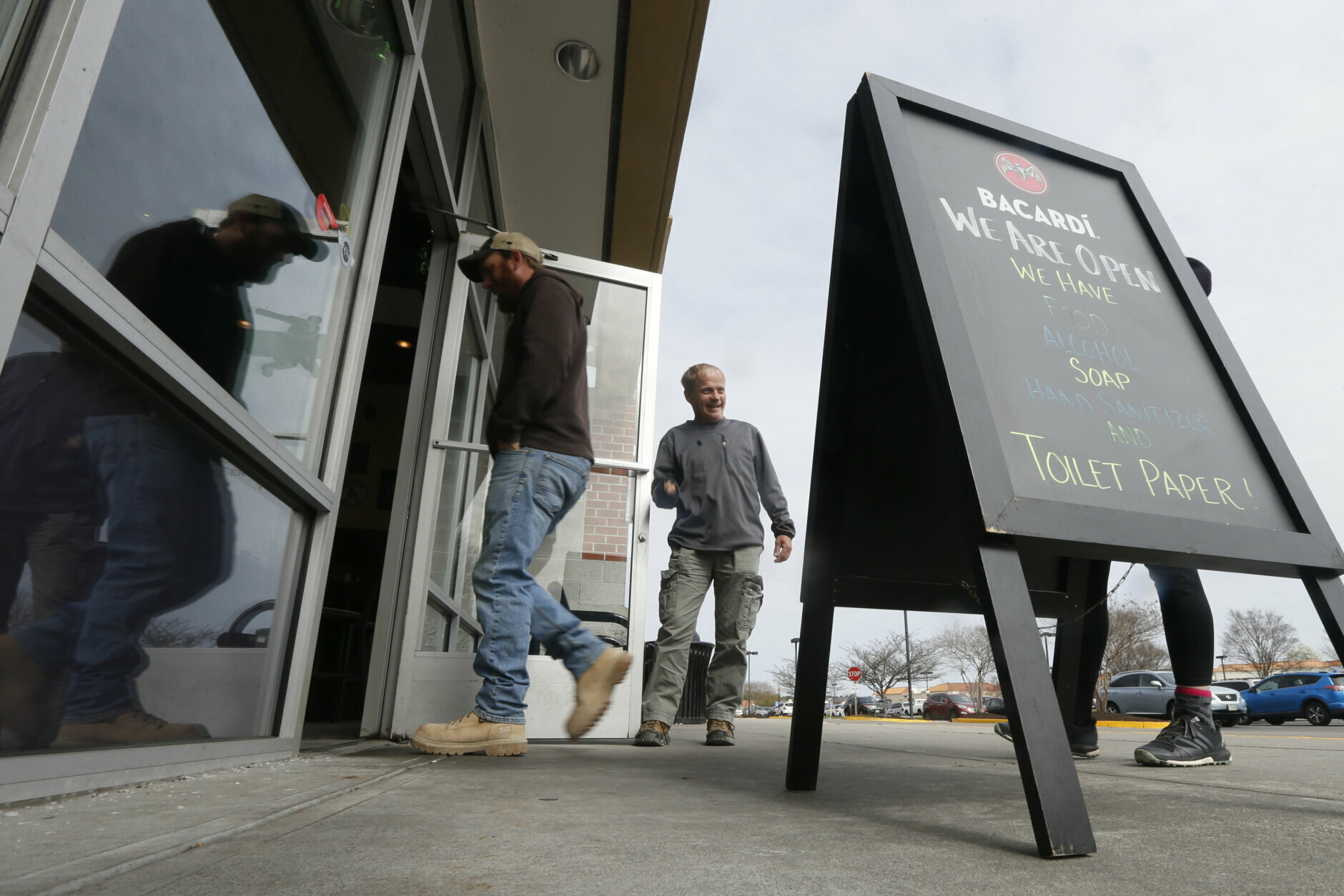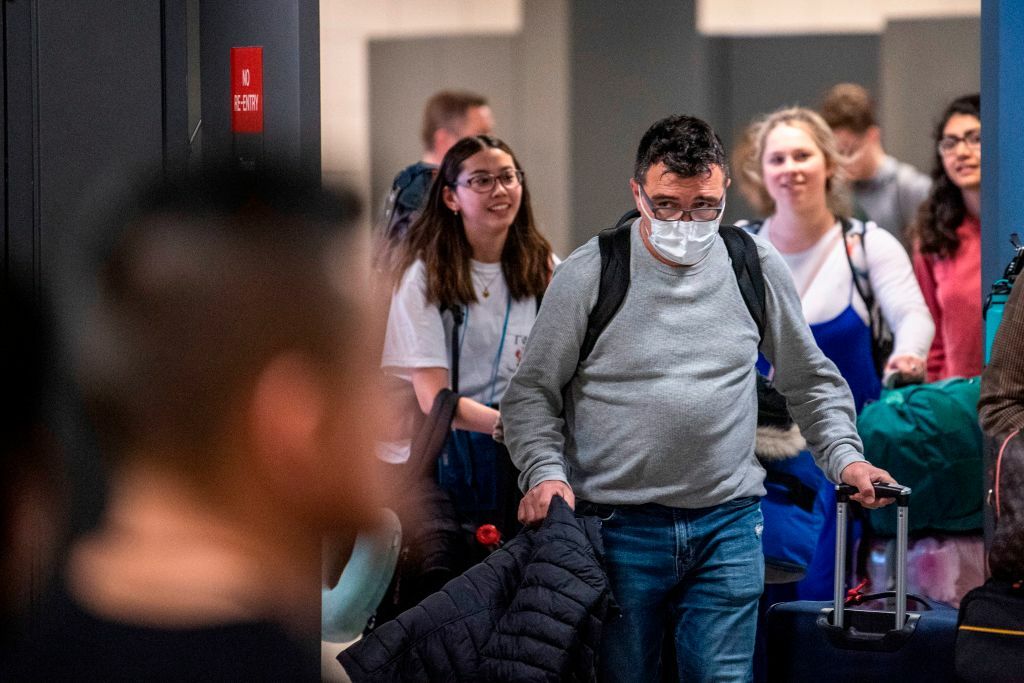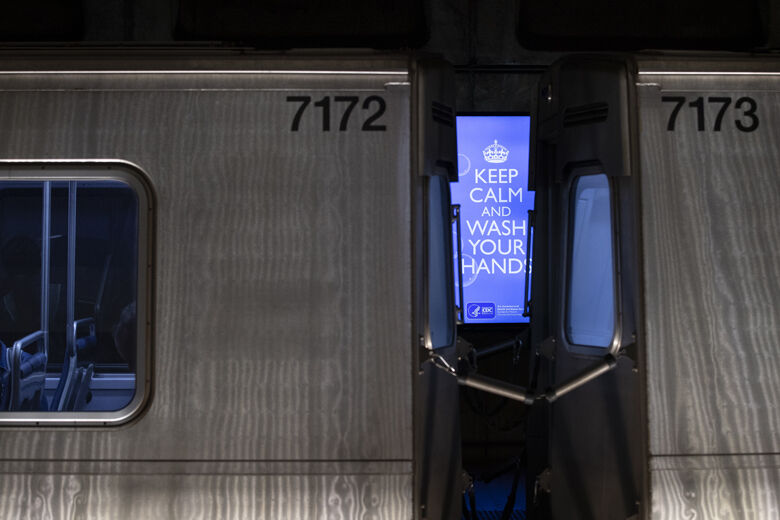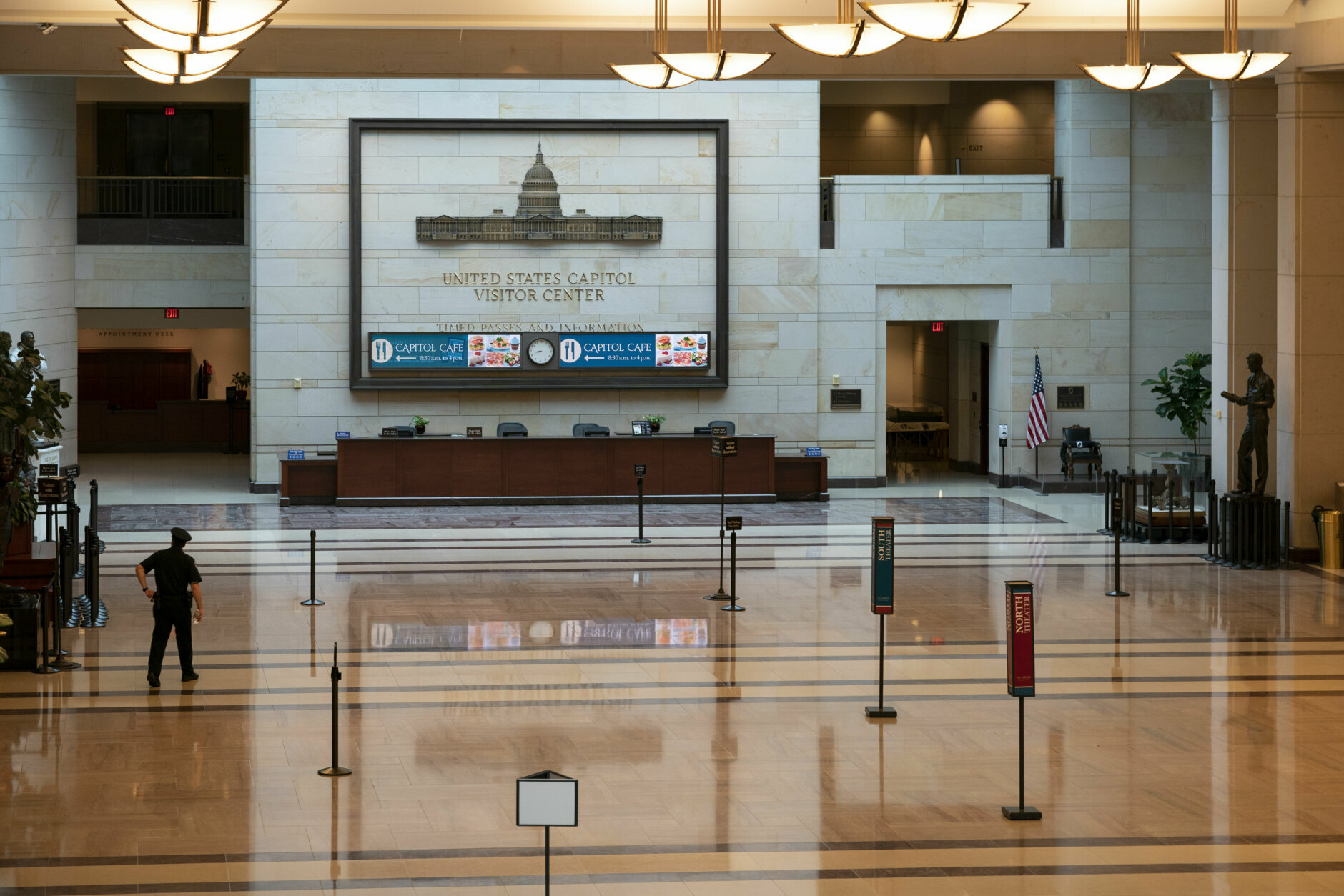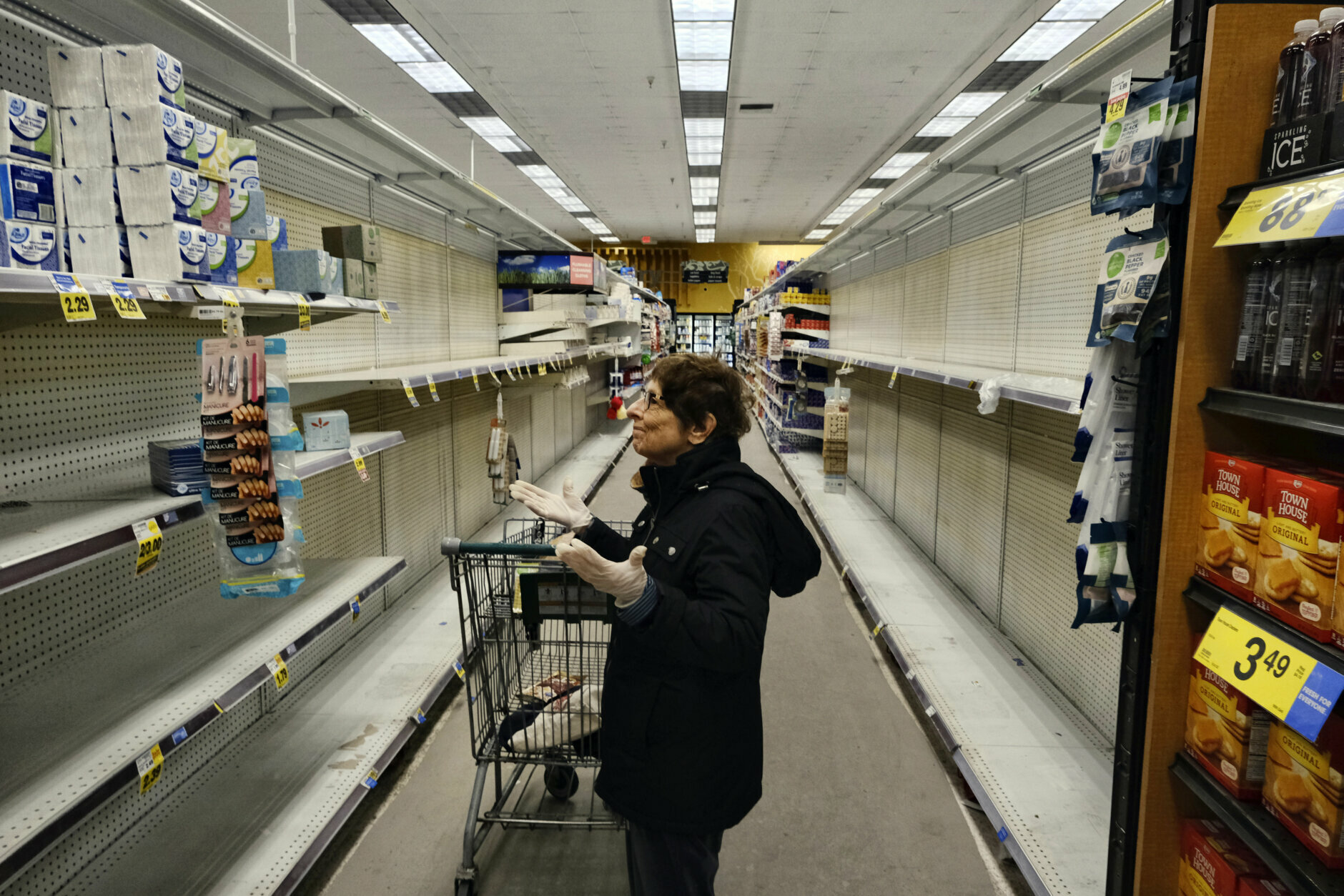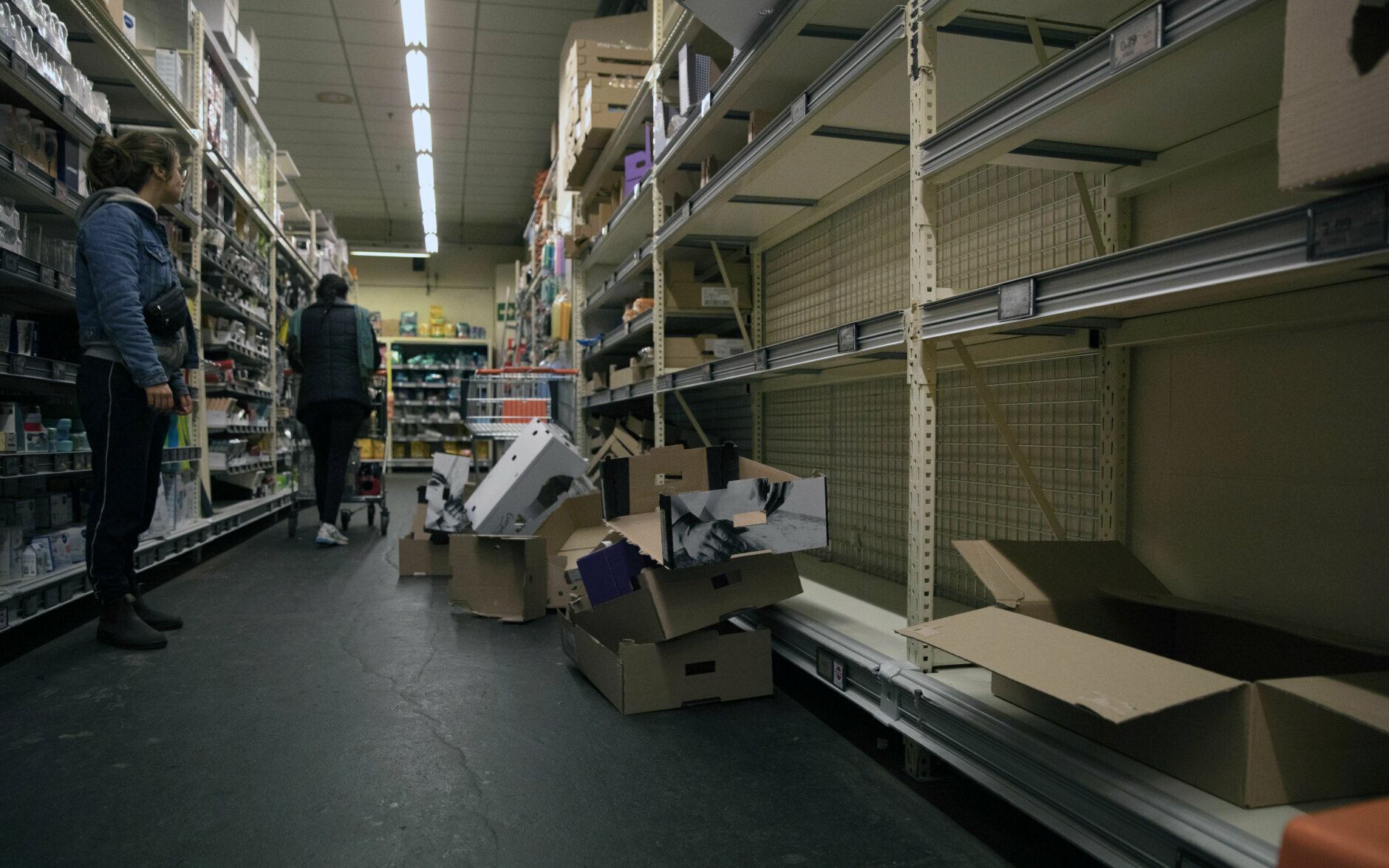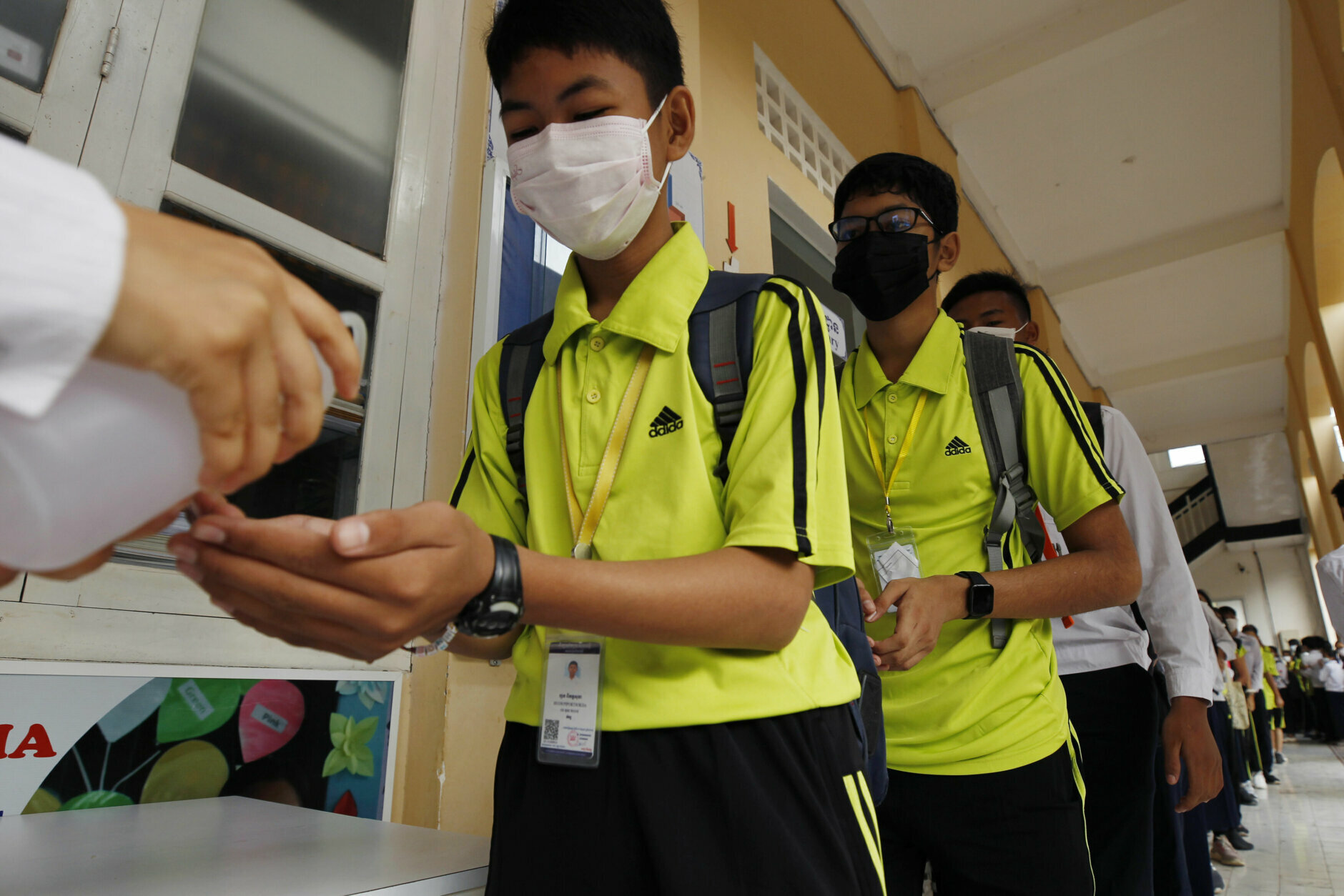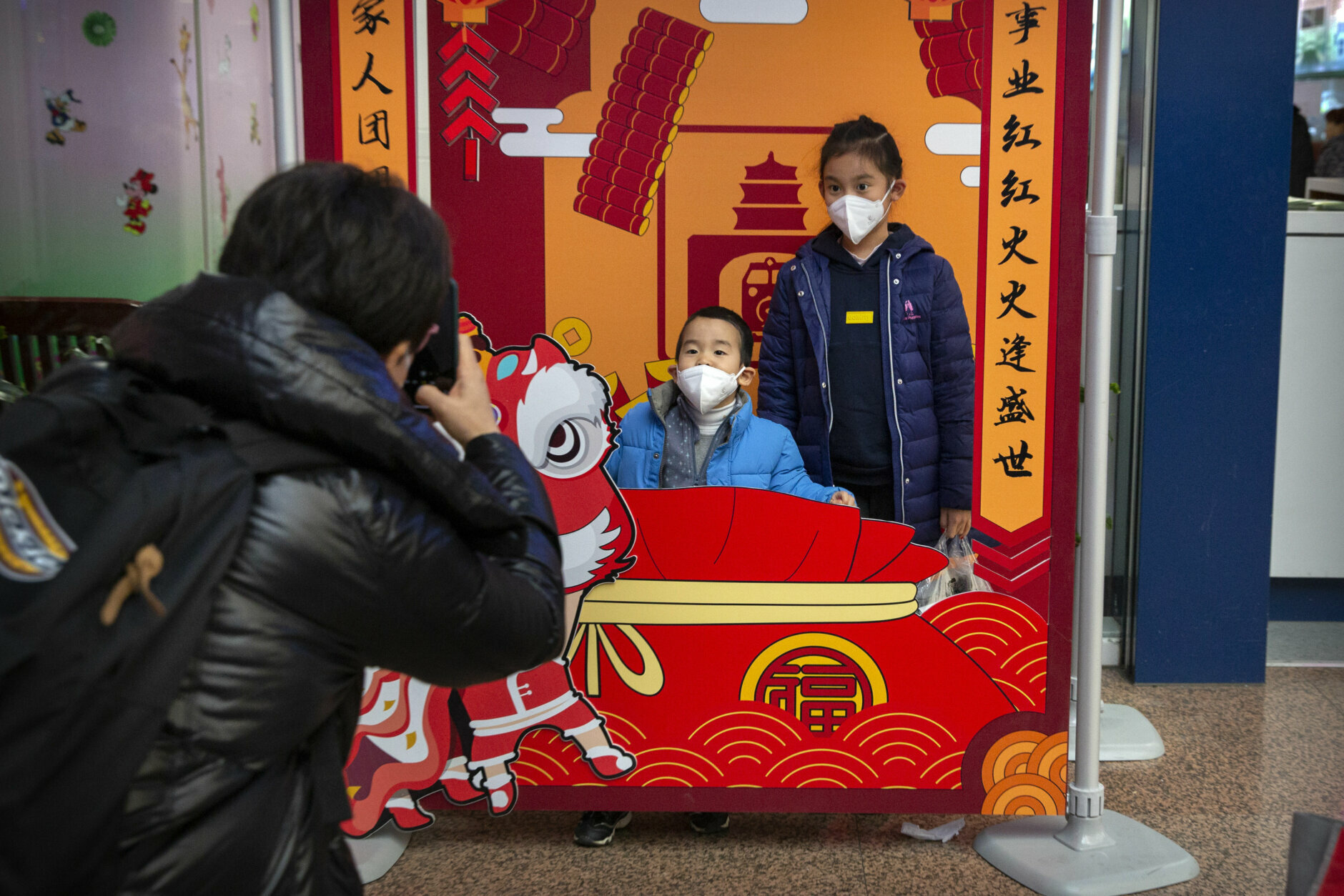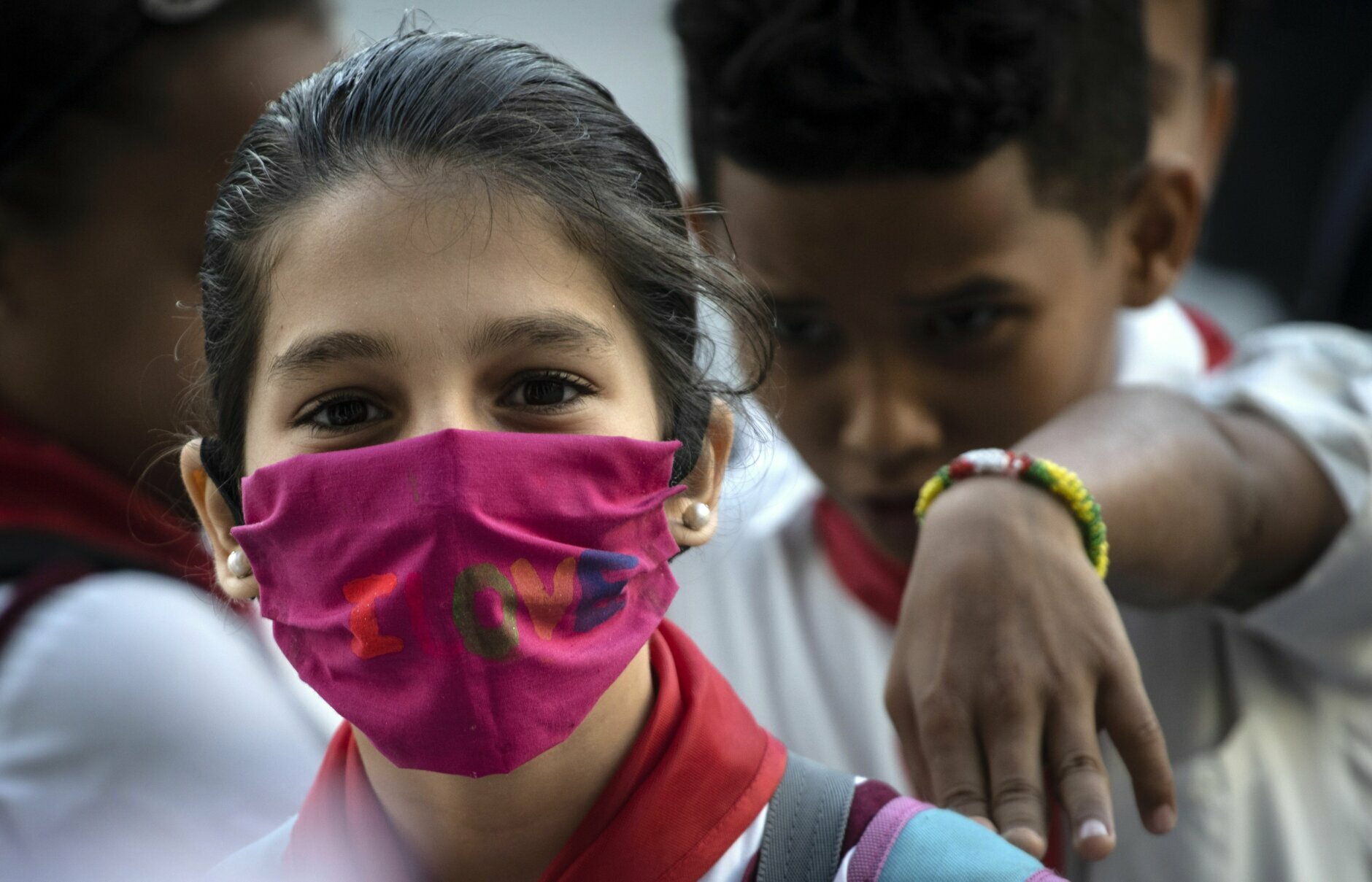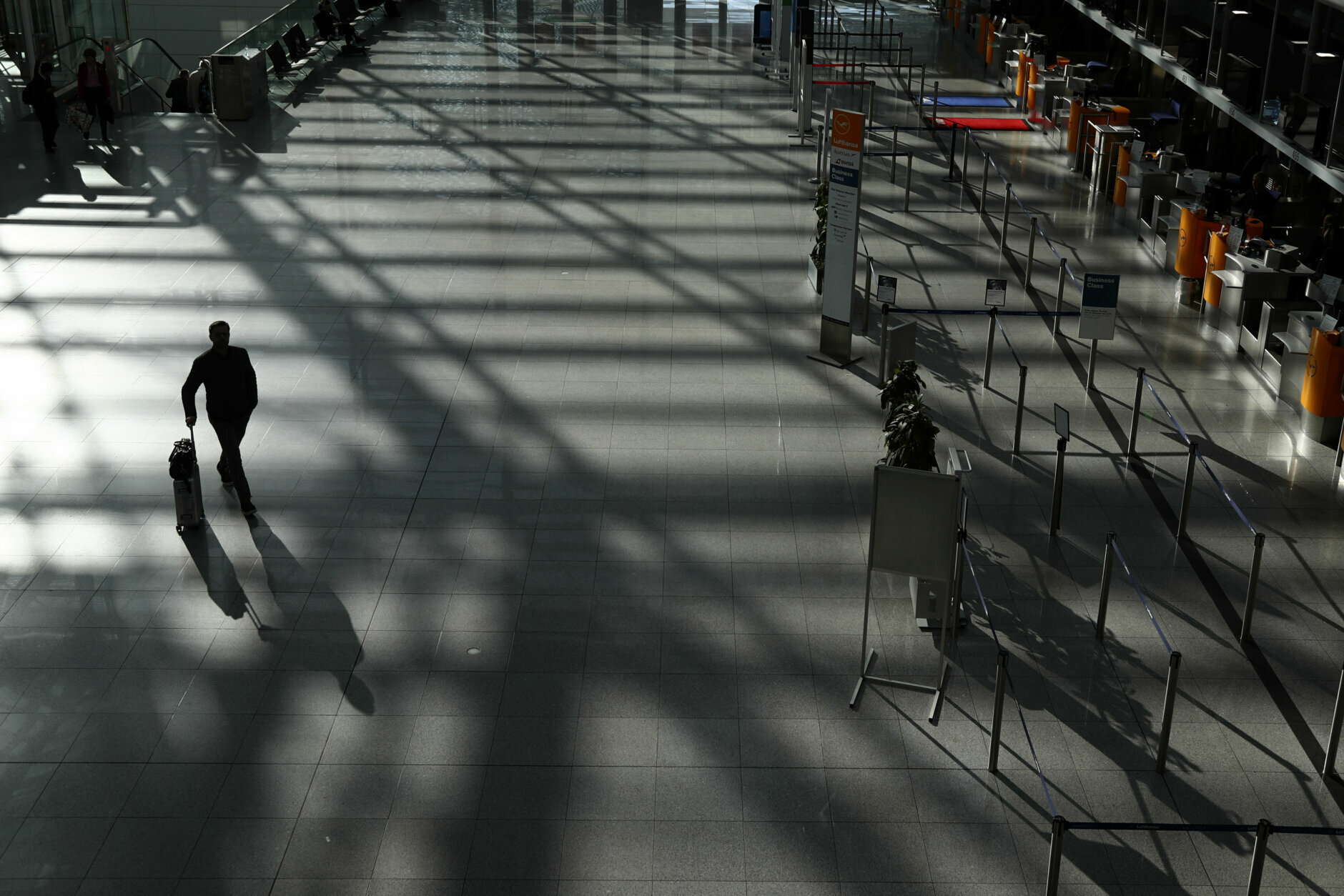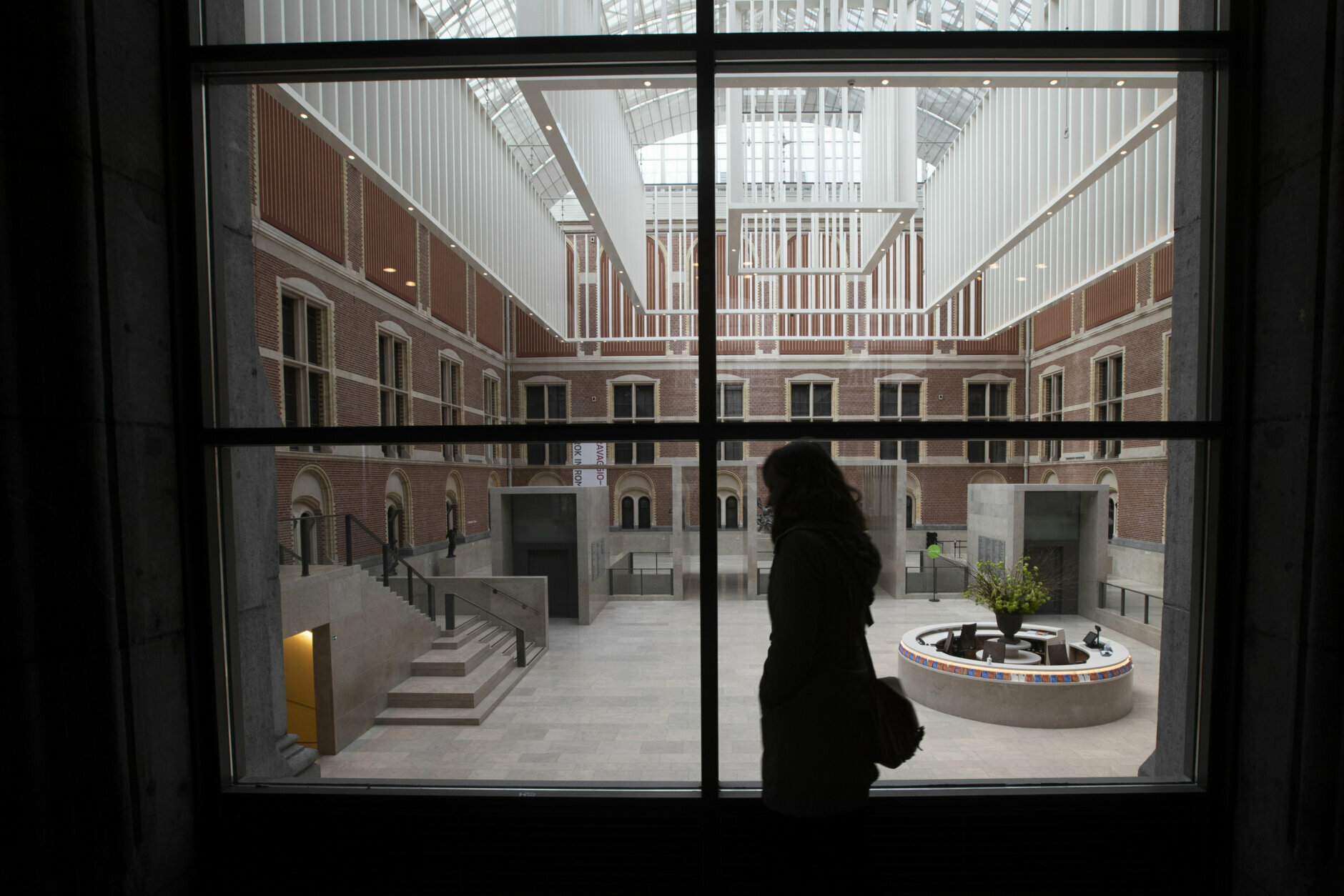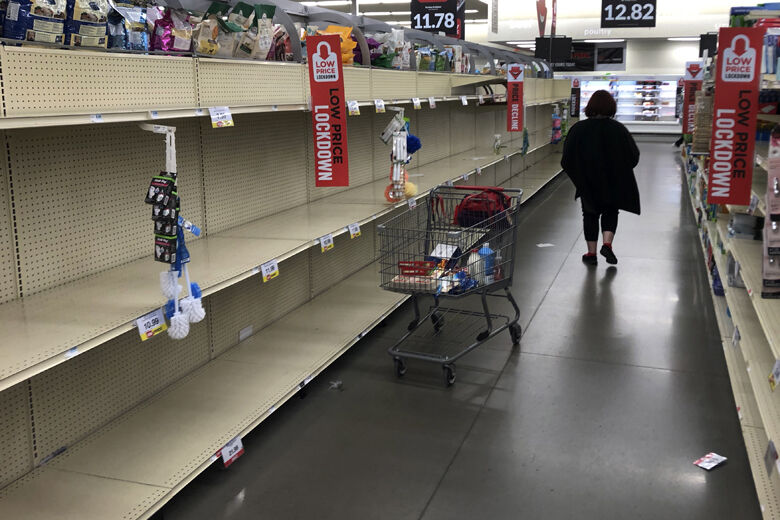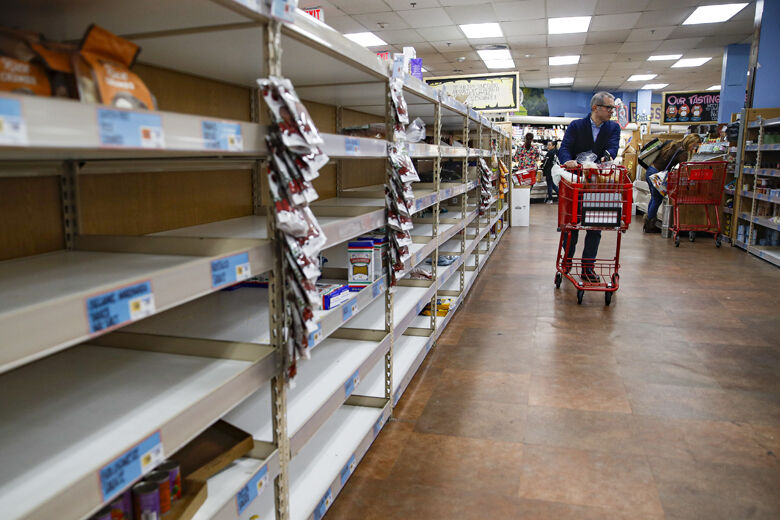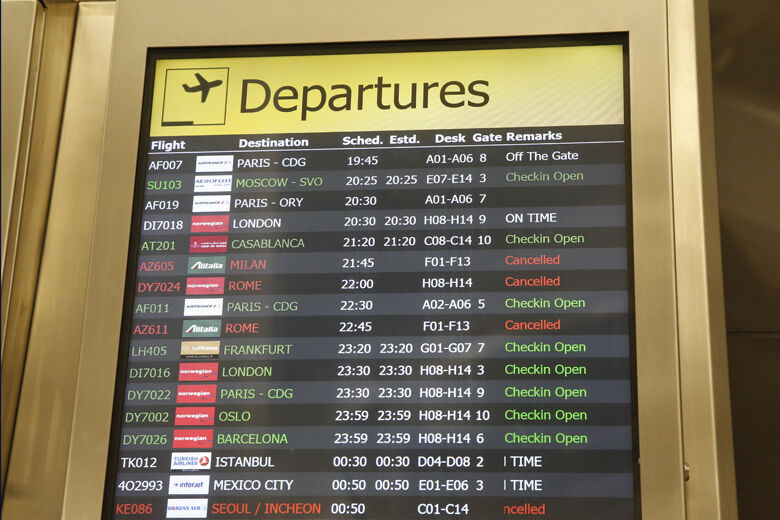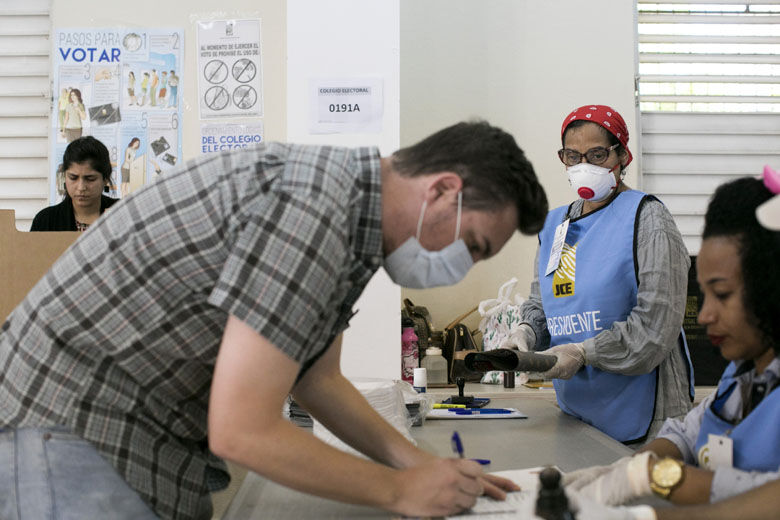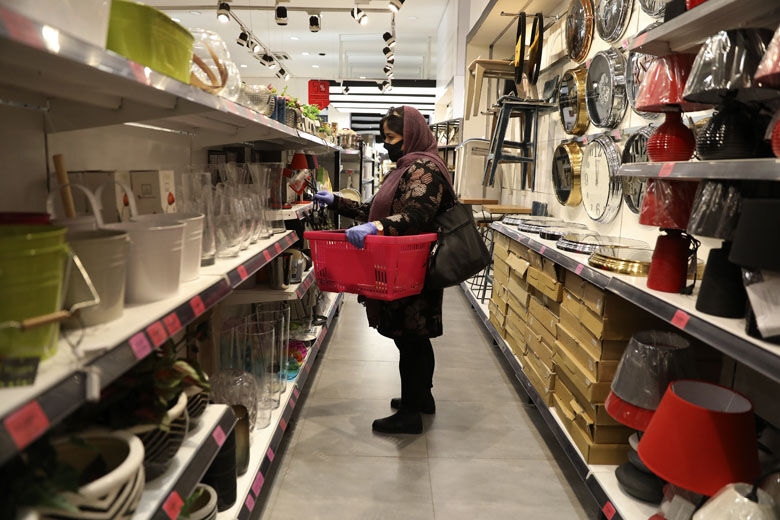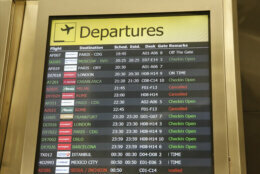As if the risks of the new coronavirus weren’t enough, parents of local school age children are dealing with another stressor: being thrust into the role of a home-schooling parent.
With local schools being closed for at least two weeks, systems are cobbling together their distance learning plans, while parents realize they will be in close quarters with their children, with the expectation of assisting their children to stay on track at school.
But what is a parent supposed to do? While some are drawing up schedules for their children, others seem overwhelmed and confused by the largely unspecified task before them.
“Everyone will find their own rhythms and schedules and how to fill the time,” Hilary Cumberton reassured Facebook friends Monday.

Cumberton, and her husband Jerry, are personal friends of my family. She offered her words of experience online to soothe stressed-out parents, since they have been home schooling their two sons — now in middle school and elementary school — for several years.
Cumberton empathizes with parents struggling to figure out how to maintain some of the order and requirements of school at home, where distractions are everywhere.
“It is a really uncertain and scary time,” she said. “This is all new for everyone walking into the situation of home schooling, but for a lot of people, it’s going to be for a limited time.”
The challenge is especially acute for parents of young children, who are deprived of the up-close benefits of playing with friends.
- Sign up for news alerts from WTOP
- How can you best practice social distancing with younger kids?
- How do you manage fighting kids during a lockdown? We asked the experts
- Closings and delays
- Coronavirus test results in DC, Maryland and Virginia
- Coronavirus FAQ: What you need to know
Though the traditional school model involves a set number of hours in school, Cumberton said she and her husband eventually found the rhythms that worked best for their children.
“My older son is a night owl, and if he starts maybe at 5 o’clock [p.m.] and gets his work done, that works for him. My younger son wants to be done with everything in the morning, so he can move onto things he wants to do, without [schoolwork] hanging over his head.”
Though parents and children will likely be together 24 hours a day, in the Cumberton home, the school day isn’t round-the-clock.
“The kids actually do what would be traditionally seen as schoolwork for about three hours a day. You can get language, math, a little bit of history, a little of science in that time frame, and get some good quality work done,” Cumberton said.
In her Facebook post to friends: “My biggest advice would be to use this time to let your kids take some deep dives into the things they’re passionate and curious about. Let them go down some rabbit holes and get to the good stuff. Do the things they don’t have time for because of the things they ‘have’ to get done.”
As an example, she said, one of her children was really interested in comics. “That started with reading comic books at the store, then finding a character he liked and reading about that, researching the history of that character, going to learn about the author, finding history of it in Greek mythology — learning about that one topic can bring you to so many different places.”
Even with years of experience in home schooling, she sometimes questions whether she is doing enough for her children. Cumberton said she is sure parents who usually entrust most of their children’s learning to trained teachers have similar worries.
“My husband and I keep coming back to ‘our kids are great.’ If we stop, and step back from the comparing, or wondering if the kids are going to be on level with their peers, and just look at the kids, they’re great kids.”
Cumberton suggested accepting the fact that families will have their own rhythms and schedules, and encouraged parents to try to relax and focus on “what your kids love and are interested in, and just reassuring yourself and them that they’re great kids, they’re going to be fine.”








